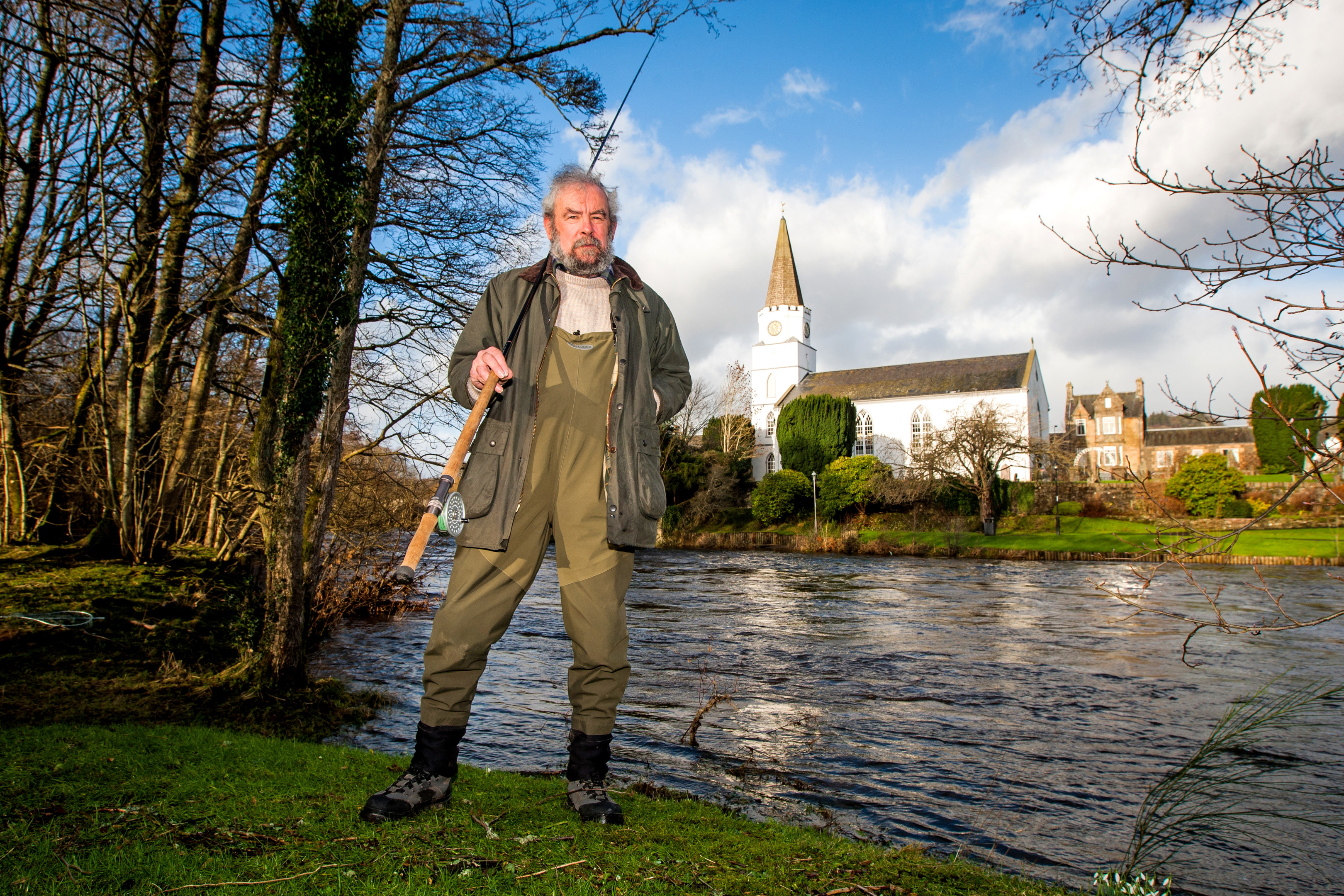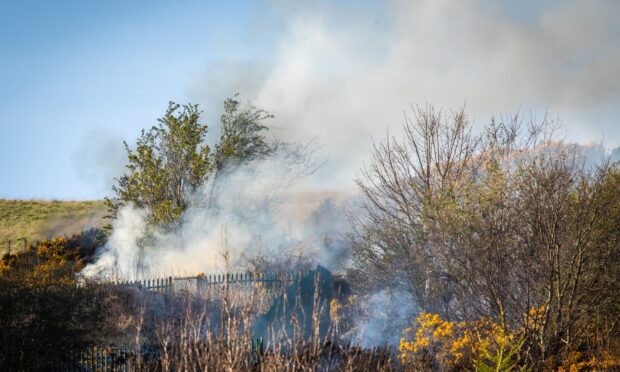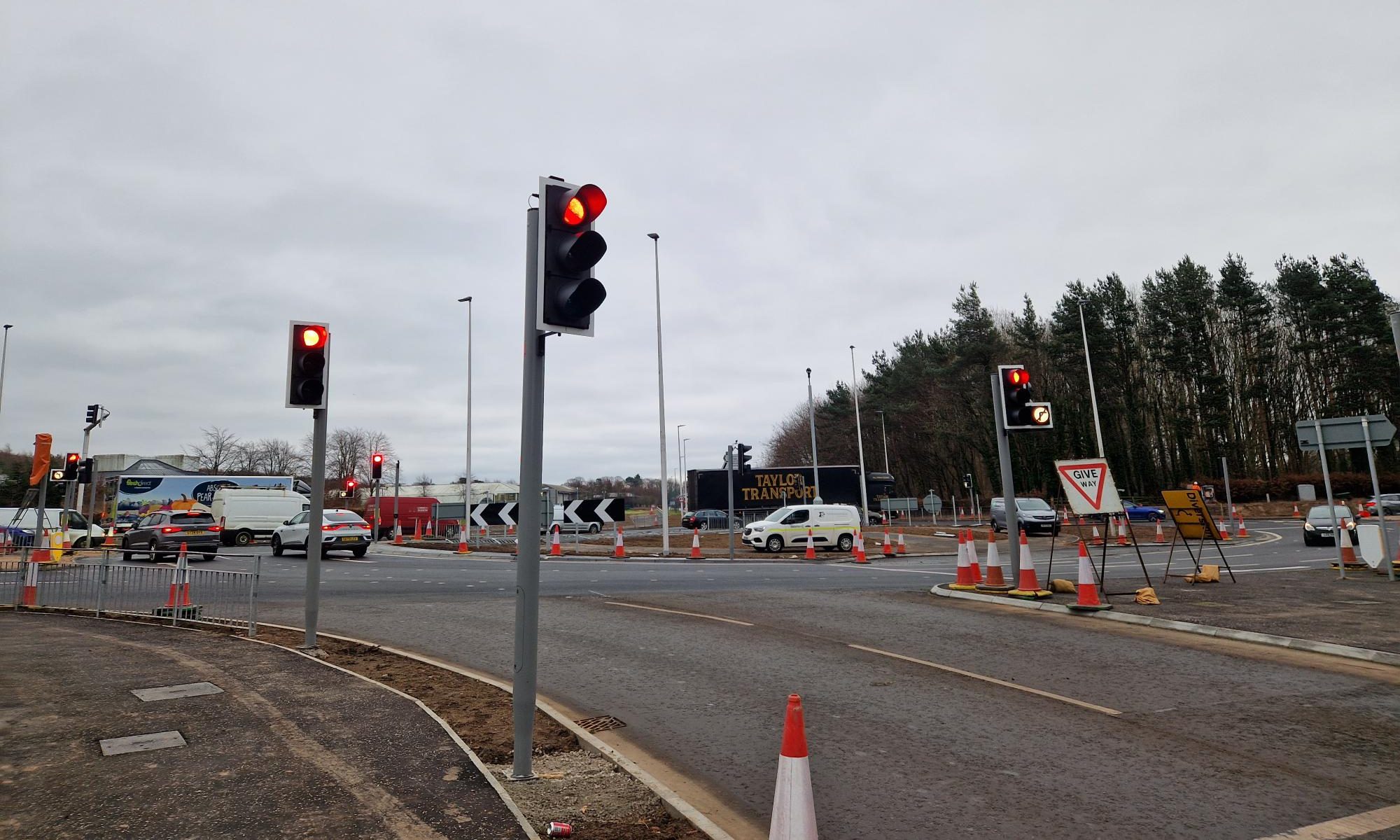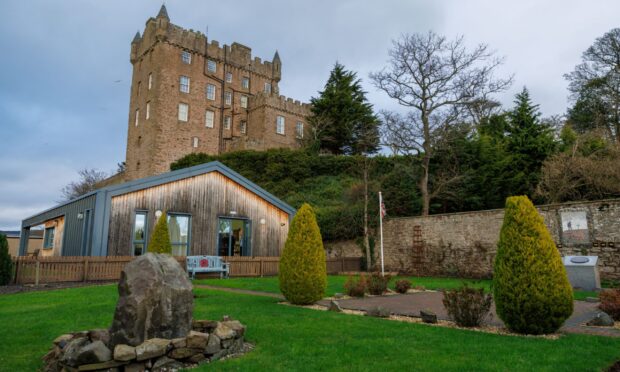An angling club boss has accused the Scottish Government of an “assault on field sports” after it proposed to reintroduce a ban on keeping fish caught on a Perthshire river.
Marine Scotland, the body responsible for Scotland’s coasts and waterways, has proposed to down the River Earn as a category three river for the 2018 season, meaning a 100% catch and release policy will be enforced.
The body plans to make 123 Scottish rivers category three, an increase of 68% from 2016, while the number of category one rivers will be reduced by more than half to just 21.
The Earn was last placed in category three, the strictest of the three gradings which demands a 100% catch and release policy be enforced, in 2016, but was reclassified to the more relaxed category two for 2017.
In 2018 just 21 rivers will be placed in category one, which signifies the rivers with the healthiest salmon population.
The proposal has dismayed local clubs, who say they cannot sustain another drastic drop in membership, having suffered a decline of as much as 20% in 2016.
Pat Silvey, of Comrie Angling Club, said: “We had to give up a couple of stretches of water and some beat owners were very generous and gave us discounts on our rates.
“We saved the club, but we are really worried that if we go back to a category three then that will be the end of us.
“Taken in conjunction with the proposed re-introduction of a tax on shooting estates, which was abandoned in 1997 as it cost more to administer than it raised, we feel that there is some kind of governmental assault taking place on field sports, and that the angling clubs and their members are set to become collateral damage in that assault.”
Mr Silvey, a former maths and statistics teacher with a degree in mathematics from Cambridge, called the methodology used to assign categories to rivers “flawed”.
Marine Scotland relies on fish counters on a small number of Scotland’s salmon fishing rivers, as well as declared numbers of fish caught by anglers.
Mr Silvey said: “My background is in mathematics and statistics, and I am extremely concerned that the whole assessment of sustainability appears to depend on two sources of data on numbers of fish returning to rivers, both of which are fundamentally unsound.”
Local MSP Liz Smith said reclassifying the Earn could result in a significant blow to the local economy.
She said: “Anglers are tired of the constant battles to maintain normal fishing rights on the river.
“I have written to the Cabinet Secretary to intervene and to investigate concerns that the data used to re-categorise the river is incomplete and flawed.
“Any move to change the river’s status will have huge implications for the local economy and the cabinet secretary must take this into account as well as the fishing data.”
A Scottish Government spokesperson said: “Scottish wild salmon is a valuable and important asset and Ministers are committed to protecting stocks. Marine Scotland assesses the status of stocks annually and we are now consulting on river categories for the 2018 fishing season.
“Field sports have an important role to play in the rural economy and Ministers consider that these measures strike the right balance between conservation of the species for the benefit of future generations and the interests of today’s anglers.”










